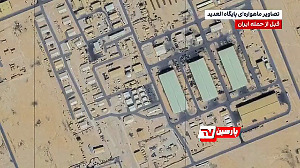 About 1,500 institutions across the country will now be connected to a high speed data communication network that would encourage sharing of knowledge, specialised resources and collaborative research.
About 1,500 institutions across the country will now be connected to a high speed data communication network that would encourage sharing of knowledge, specialised resources and collaborative research.
The Cabinet Committee on Infrastructure, chaired by Prime Minister Manmohan Singh, on Thursday accorded in principle approval for the establishment of the National Knowledge Network, which will be implemented by the National Informatics Centre.
The network will consist of an ultra-high speed core which shall be complemented with a distribution layer at appropriate speeds.
The participating institutions can connect to the NKN at speeds of 1 GBPS or to the distribution layer through a last mile connectivity bandwidth, an official spokesperson said.
One of the recommendations of the National Knowledge Commission to inter-connect all knowledge institutions, the NKN is expected to be completed in two years time.
The government had in 2008 announced that it would set up such a network.
An initial amount of Rs 100 crore (Rs 1 billion) was also allocated to the department of IT in the ministry of communications and IT for the establishing the NKN.
The NKN will provide nationwide ultra high-speed backbone or data-network highway. Various other networks in the country can take advantage of this ultra high-speed backbone, with national and international reach to create independent and closed user groups.
The physical infrastructure is expected to be completed in two years time, the spokesperson said.
NKN will enable scientists, researches and students from diverse spheres across the country to work together for advancing human development in critical and emerging areas.
It is expected to encourage a larger section of research and educational institutions to create intellectual property.
NKN would enable use of specialised applications, which allow sharing of high performance computing facilities, e-libraries, virtual classrooms and very large databases. Health, education, grid computing, agriculture and e-governance are the main applications identified for implementation and delivery on NKN.
Applications such as countrywide classrooms will address the issue of faculty shortage and ensure quality education delivery across the country.
The crux of the success of the knowledge network is related to the education-related applications, databases and delivery of services to the users on demand.






